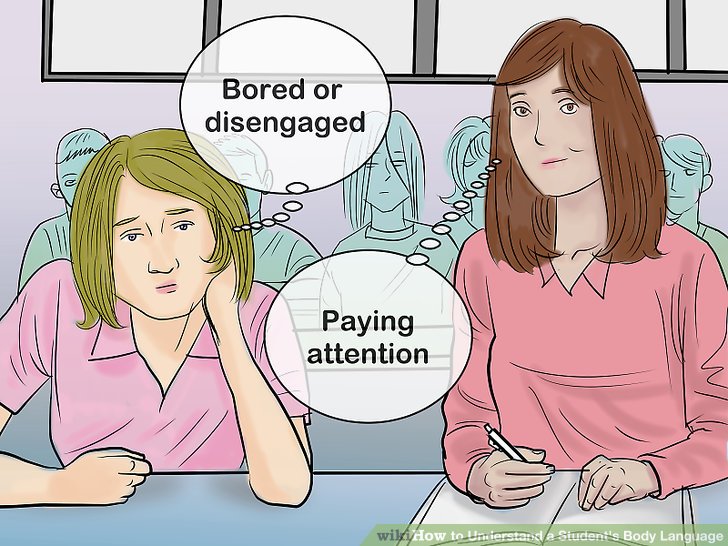If you attend a business, marketing, or networking seminar you will likely be bombarded with laundry lists of tricks, tips, and techniques for improving your craft. Some will recommend mnemonics for better name recall, while others will instruct you in the Jedi-like methods of Neuro Linguistic programming to mirror the affect of your victims/clients. Adding these tools to your arsenal makes great sense but often times misses the key unifying feature common to all of these approaches. This article clearly states the process of how to learn effective rapport building skills. Building rapport can open the door to the effective parts of corporate communication.
Rapport Is Everything
Whether as an investigator working with witnesses, victims, families of victims, outside agencies or suspects, or as a business owner or coach looking to attract and retain new clients, mastering the art of building rapport is perhaps the most critical skill for success.
We all use rapport more than we realize — in our daily interactions with friends, family, teams, and business contacts. But let’s face it, not everyone is a natural born rapport builder. The good news is that it’s a skill that can be learned. This article clearly states the process of how to learn effective rapport building skills. This is one of the major aspects and perspectives of public relation.
In this cheat sheet we’ll define rapport, look at it from an interrogator’s perspective (arguably one of the most challenging situations imaginable: a cop talking to and trying to elicit a confession from a suspect), apply it to a gym and coaching setting, and look at 4 Rapport Building Tips that you can implement immediately.
How does this apply to the business world or the world of coaching? Much like investigations, time in the business world is precious; after all, “time is money.” As a coach, gym owner, business owner or other professional, the more effectively you can build, maintain, and at times- when necessary- regain rapport, the more efficiently you will achieve your desired goal — both helping that client achieve their goals and build a thriving business. Rapport removes communication obstacles so that serious, meaningful and sometimes difficult communication can take place. This is the currency we really trade upon in business; it is a basis in trust and understanding of one another.
To Build Rapport Quickly
These strategies work with new clients or prospects, existing clients, co-workers, and employers.
Rom Them Out
Ask questions and take the time to know your prospective client. Ask them questions about who they are, their family, their experiences, etc. People love to talk about themselves and their accomplishments.
Attention to Body Language

If you are curious whether your attempts to build rapport are working, take a second to read the body language of the person with whom you are building rapport. If you’re not seeing the biofeedback you desire, try mirroring the subject’s behavior: their arms are crossed, cross yours; their legs are crossed, cross yours, etc. People find comfort in commonality and this is a good place to start. This article clearly states the process of how to learn effective rapport building skills.
Common Ground
Point out areas of commonality between you and the person with whom you’re trying to build rapport. At the end of the day we all have some level of commonality and common ground. If you have trouble finding some, look harder by revisiting suggestion #1. You would be surprised at how many times suspects and interrogators find a connection that reinforces that we’re all subject to similar experiences in life.
Time
Don’t be in a rush to “get down to business.” While it may seem counter-intuitive, the time you spend on the front end getting to know your prospective clients and building rapport will pay large dividends later down the road. Most people appreciate the effort one takes to be so personable and there is often a greater degree of trust instilled by the time you communicate with that person again.
How Does Rapport Building Works
Rapport is a natural process which occurs without conscious attention between good friends, close allies and comfortable acquaintances. We do not need to use conscious rapport building techniques when all is well and the conversation and interpersonal relating is operating with high quality. Rapport building skills are needed when the relationship is not going well; when you disagree with them; while they are different to you; when there appears to be nothing in common. Rapport building skills are a must when you don’t ‘like’ the person. Ever had customers, colleagues or team members that fit this bill? The proper meaning of rapport building leads to advanced pattern of communication.
Before applying the following extremely effective rapport building tools, it is necessary to check that you have an intention to build rapport with the other person. If there is no intention to ‘get along’, rapport building will not work because the intention is counter productive to your actions. People who are like each other, like each other. People who don’t like each other, have their attention on the difference between each other. Perhaps that’s why there are so many “mother-in-law” stories on this exact point!
Two Definite Phases of Rapport Buiding
Pacing
Pacing is the process of building similarities at an unconscious level. It is the process of establishing the ‘bridge’ of commonality between two or more people, and must be done outside the conscious awareness of the other person. Pacing needs to be done with an intention of respect and honouring the other person. In order to pace another person, the behaviour of matching and mirroring is used. To just pace would create rapport between two or more people.
However, it does not allow for a relationship to move or develop in any particular direction. E.g.You may have paced your team members well and they feel you understand them. However, you do not utilize this rapport to directionalize and guide them towards the business vision. So they continue to do exactly what they like and you feel awful because you have pleased everybody else but yourself. To develop or take the relationship in a particular direction, leading needs to occur. The test of rapport is when they follow your lead. This article clearly states the process of how to learn effective rapport building skills.
Leading

Leading is changing your behaviour so the other person follows. Rapport needs to be established before leading will be effective. You cannot lead someone over a bridge before first building it. If the other person does not follow your lead, then it is an indication of insufficient pacing. Any resistance is a sign of insufficient rapport. For instance, if you have not established enough pacing, you will notice the customer raising many objections to your proposed plan for delivery of product or service options. This is one of the effective interpersonal skills.
The more you apply some of these seemingly simple ideas day to day, the more quickly you will notice the transformation in your people management skills and hence, the direction of your ideal way of running a business. Furthermore, these techniques can be used to motivate your kids, help relate better to your significant other, persuade and influence all those meaningful people in both your personal and professional life. Life will never be same again.
If you want to learn English Communication effectively for speaking to different people of other fields, you may register for a DEMO CLASS in EngConvo.
Click on this below given link and fill the necessary details for
https://www.engconvo.com/trial-registration/

